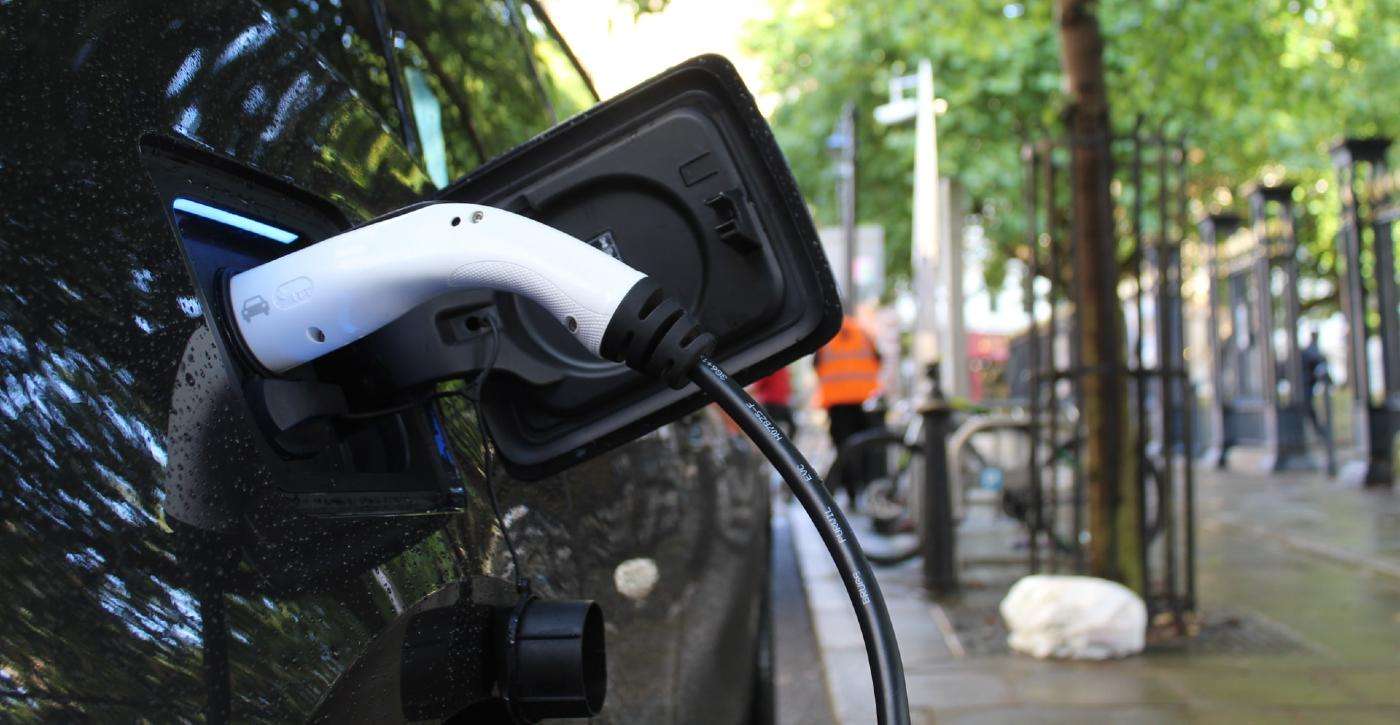Aptera Solar-Powered Car With '1,000-Mile' Range Gets 7,000 Preorders for Delivery in 2021
Trying to sell their solar electric car by the end of 2021, Aptera Motors have announced $4 million in financing and 7,000 reservations.

In 2021, one in every seven cars sold in the EU will be electric, and overall sales, production, and innovation is booming across Europe's big economies on the back of strict CO2 emissions regulations from the European Parliament.
Electric car sales are expected to have tripled this year compared to 2019, and are expected to climb to as much as 15% of the total market share by 2022 before hitting a ceiling.
The regulations, which have been staggered back through the last decade, will continue to stagger until 2030, when a number of international agreements and targets levied to help prevent the worst of the climate crisis come due.
The green policy think tank Transport & Environment summarizes data from a report they published that tracks CO2 target compliance and electric car sales across the EU automotive sector, stating, "Electric car sales are booming thanks to EU emissions standards. Next year, one in every seven cars sold in Europe will be a plug-in. EU manufacturers are back in the EV race."
The EU emissions standards that will come into effect next year are more stringent, suggesting a push for cleaner fossil fuel vehicles and greater production of electric vehicles.
"By 2021, the maximum value of a fleet-average for new cars in the EU is 95 grams of carbon dioxide per kilometre," writes Electrive, an EU electric transport industry website.
They reference a media report based on leaks that EU parliamentarians want to increase the already tight restrictions of 37.5% by 2030 to 50%, which has drawn ire from German automotive industry groups which say the restrictions are already very ambitious. The previous restrictions passed with over 500 "yes" votes to fewer than 100 "no" votes, so green-minded politicians may feel more intense restrictions are possible.
There are already some car manufacturers whose fleets meet the current standards, and wouldn't need to change much to comply with the 2021 increasement. These are PSA Group, which includes Vauxhall, Peugeot, Citroen, and Opel, as well as Tesla, Volvo, and BMW.
Renault, Nissan, the Toyota-Mazda pool, and Ford need only reduce total fleet emission levels by two grams to meet the current standards.
POWER Up With Positivity And Share This Story On Social Media…
Be the first to comment